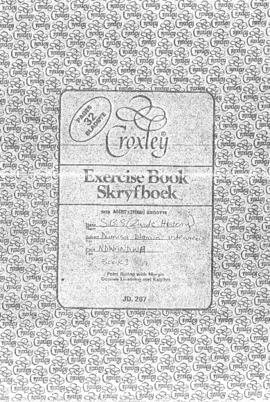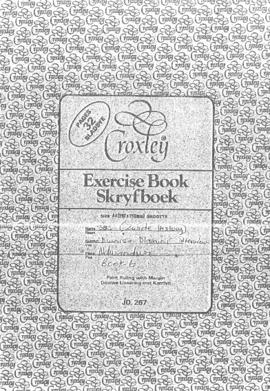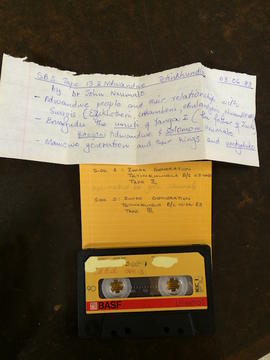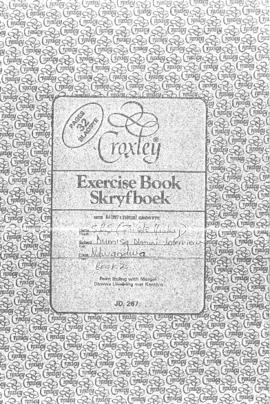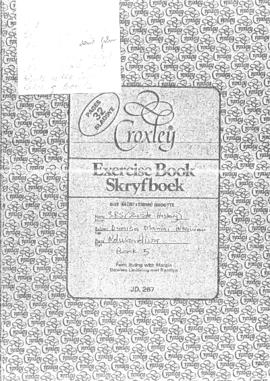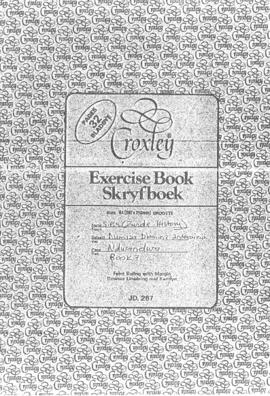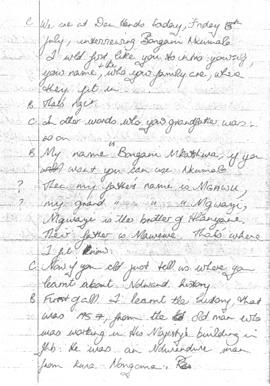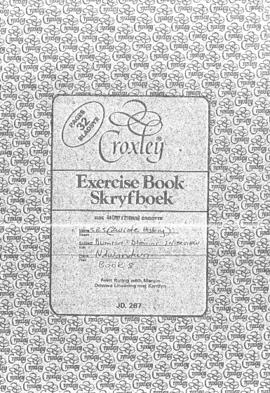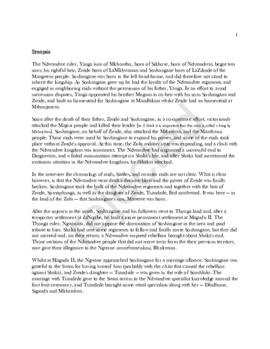[Source - Chloe Rushovich for FHYA using Wits materials, 2017: During the mid-1960s through to the early 1980s, Dumisa Dlamini conducted a series of interviews for the Swaziland Broadcasting Services and recorded them for radio. These interviews cover a wide range of topics, including traditions, nursery tales, praise poems, and stories of past heroes. Radio was an important media format in Swaziland at the time, and broadcasted interviews are likely to have had a strong influence on the historical conceptions of Swazi people. The transcripts selected were those for which a typed-up summary or typed edited typescript already existed. The rationale for this was that the typed version, unlike the handwritten versions could be subjected to optical character recognition and are thus searchable. The linked typed texts therefore act as a kind of index to the handwritten texts and the recorded audio. In 2014 the Five Hundred Year Archive commissioned Patricia Liebetrau, a metadata librarian who had worked on the Digital Imaging South Africa project, to undertake the digitization of a selection of the transcripts from the recordings made by Dumisa Dlamini for the Swaziland Broadcasting Services. This selection of transcripts, as well as the already digitized audio, the rejected experimental edited typescripts, and associated materials such as collection boxes, index cards, folders, audio tape cassettes and case labels, and notebooks, formed the FHYA selection from the collection of Swaziland Broadcasting Services recordings. The Swaziland Broadcasting Services series is separated into ‘files’ named after each interlocutor.]

